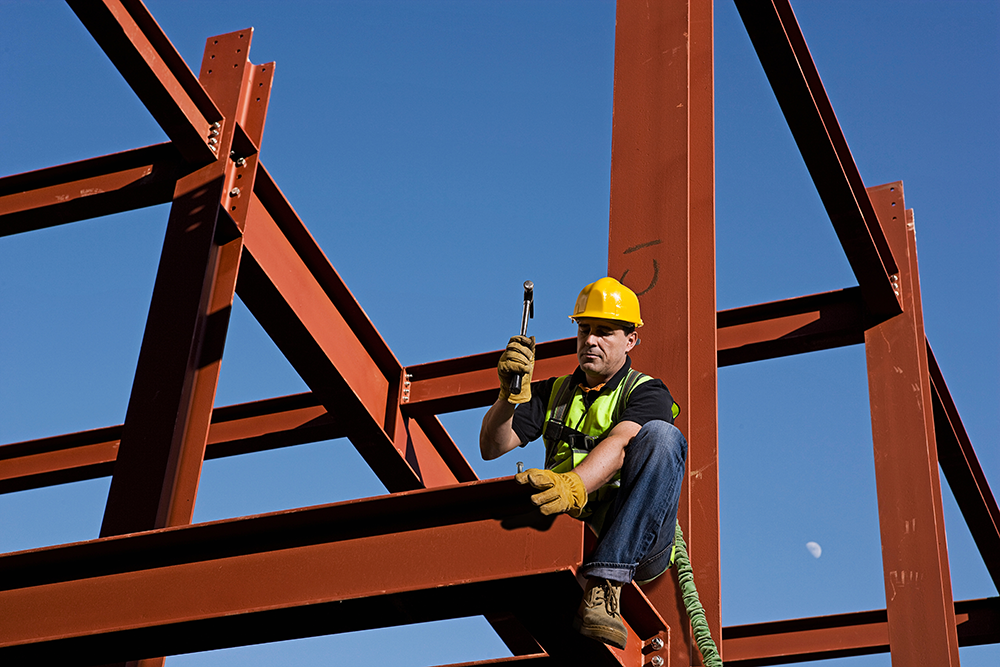Invention Reference Number
Licensing Contact

Chemical coating for ubiquitous industrial alloys such as various steels are synthesized to provide protection from corrosion and high temperature oxidation. Current technologies for hexagonal boron nitride (hBN) growth rely on various boron-nitrogen containing precursors that are challenging to employ on industry-relevant scale due to safety, cost, and their technical shortcomings. This technology is a chemical vapor deposition (CVD) facile and scalable method for atmospheric pressure growth of hBN using gaseous molecular nitrogen and various forms of solid boron as the precursors. These precursors are abundant, benign, and convenient – all the necessary traits for large-scale industrial production. This novel process results in coatings that provide more efficient protection from corrosion and high temperature oxidation than current technologies and provides opportunity to control deposition process with great accuracy.
Description
This technology is a facile and scalable approach for the synthesis of hBN films by atmospheric pressure CVD on top of various iron/nickel-containing metallic substrates such as various steels. The technology is capable of producing hBN coating on steels that provides improved protection against harsh corrosion over long time periods and against high-temperature oxidation in air, as well as the lubricating effect comparable to that of Teflon. It can also be adapted to synthesize high-quality single-crystal hBN with controlled layer counts for emerging electronic and photonic devices based on 2D materials. The key distinction is the use of N2 gas, which gets activated exclusively on the catalyst’s surface and eliminates adverse gas-phase reactions. The synthesis provides scalable hBN deposition with unlimited applicability to large-area surfaces with complex shapes and offers great flexibility for deposition substrates – all steels and industrial alloys can be easily employed. The technology results in a protective coating that can be used in a variety of industries, including types of manufacturing that require steel protection, such as pharmaceutical, chemical, oil/gas, agriculture and construction industries.
Applications and Industry
Any industry that uses steel, including:
- Manufacturing
- Construction
- Transportation
- Marine
- Chemical
- Oil/gas
- Agriculture
- Pharmaceutical and healthcare
Benefits
- Protection from harsh and corrosive environments
- Protection from high temperature oxidation
- 10-fold friction reduction
- Scalable process
- Unlimited applicability to large-area surfaces with complex shapes and common industrial alloys and steels


